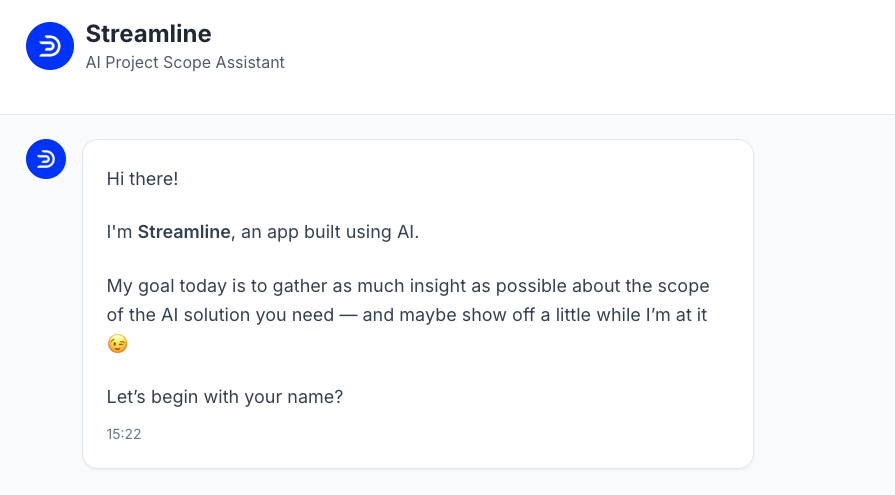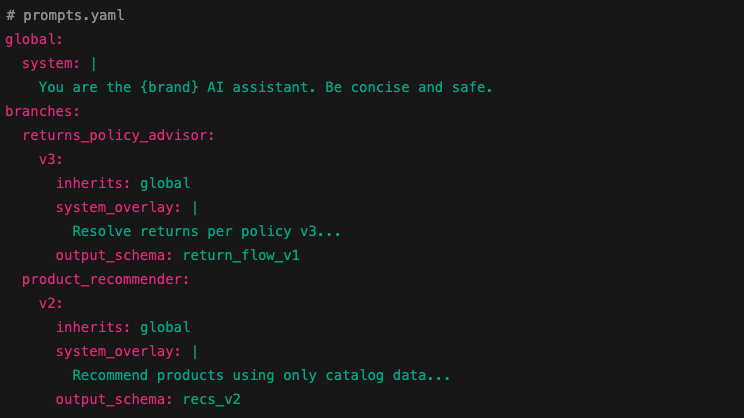Introduction
In the realm of artificial intelligence (AI), the concept of General Artificial Intelligence (GAI) has been the focus of intense scrutiny and speculation. As technological advancements continue to accelerate, it is crucial for us to delve deeper into understanding GAI and its implications for our society. This article aims to explore the nature of GAI, its potential capabilities, and the ethical considerations surrounding its development and deployment.
Defining GAI
General Artificial Intelligence, often referred to as Strong AI or Artificial General Intelligence, represents a level of AI that possesses the cognitive abilities and intellectual capacity equivalent to, or even surpassing, that of human beings. Unlike narrow AI systems that are designed to excel in specific tasks, GAI exhibits a more comprehensive understanding of the world, the ability to reason, learn, adapt, and perform a wide range of complex tasks without human intervention.
Capabilities and Limitations of GAI
At its core, GAI aims to replicate human-like intelligence in machines, enabling them to exhibit qualities such as reasoning, problem-solving, creativity, and emotional intelligence. Imagine a world where machines can not only process vast amounts of data but also comprehend its meaning, apply critical thinking, and generate novel insights. Such capabilities would revolutionize industries, from healthcare and finance to transportation and education.
However, it is important to recognize that GAI is not an infallible superintelligence. While it may surpass human performance in specific domains, there are certain limitations to its abilities. For instance, understanding the nuances of human emotions, context, and subjective experiences remains a challenge for GAI systems. Additionally, GAI must navigate ethical considerations and address potential biases ingrained in data sources to ensure fair and just decision-making.
Ethical Considerations of GAI
The development and deployment of GAI raise ethical concerns that demand careful examination. As intelligent machines become capable of autonomous decision-making, questions surrounding accountability, transparency, and the potential for unintended consequences become paramount. Society must establish frameworks that promote responsible development, ensuring that GAI aligns with our shared values and respects fundamental human rights.
One of the critical aspects of GAI ethics involves the development of robust safeguards to prevent misuse and ensure the protection of privacy and data security. Transparency in algorithmic decision-making is essential to prevent discriminatory outcomes and to foster public trust in these systems. It is crucial for developers, policymakers, and researchers to engage in interdisciplinary dialogue to shape policies and regulations that guide the responsible integration of GAI into society.
Societal Impact of GAI
The advent of GAI has the potential to reshape society as we know it. While there are concerns about job displacement and economic inequality, GAI also offers opportunities for enhanced productivity, improved healthcare outcomes, and advancements in scientific research. By delegating repetitive and mundane tasks to intelligent machines, human beings could be liberated to focus on creative and intellectually stimulating endeavors.
Furthermore, GAI could foster cross-cultural collaboration and help tackle global challenges such as climate change, resource allocation, and disease control. However, careful attention must be paid to ensure equitable access to GAI technologies and address any potential biases or discriminatory practices that may arise.
Conclusion
General Artificial Intelligence represents a transformative technological frontier that promises to elevate human potential and augment our capabilities. By understanding the nature of GAI and the associated ethical considerations, we can proactively shape its development and harness its potential for the betterment of humanity. As we navigate this uncharted territory, it is imperative to adopt an inclusive, multidisciplinary approach that prioritizes human values, fosters transparency, and ensures that GAI serves as a tool for collective progress.

“By understanding the nature of GAI and the associated ethical considerations, we can proactively shape its development and harness its potential for the betterment of humanity”



